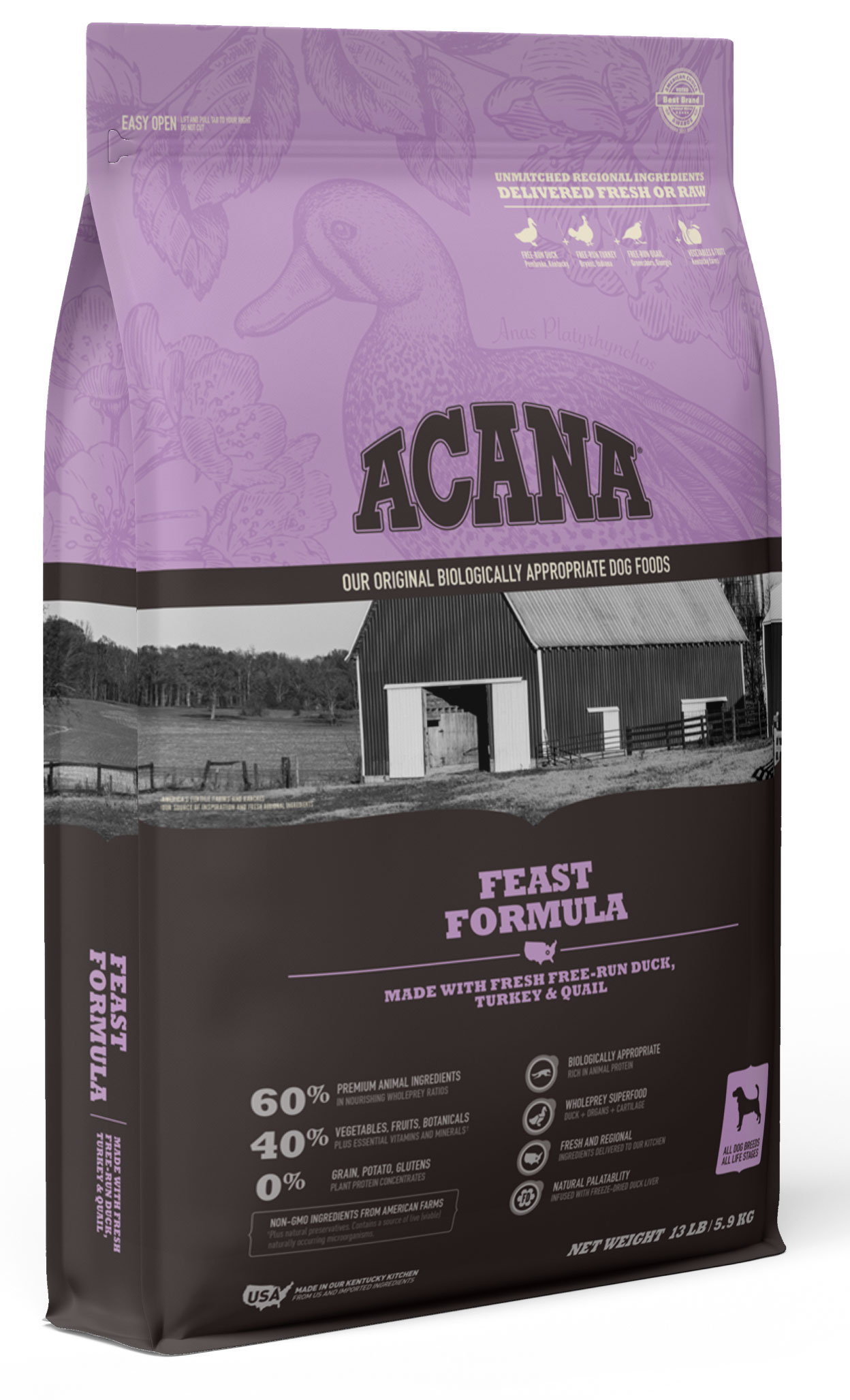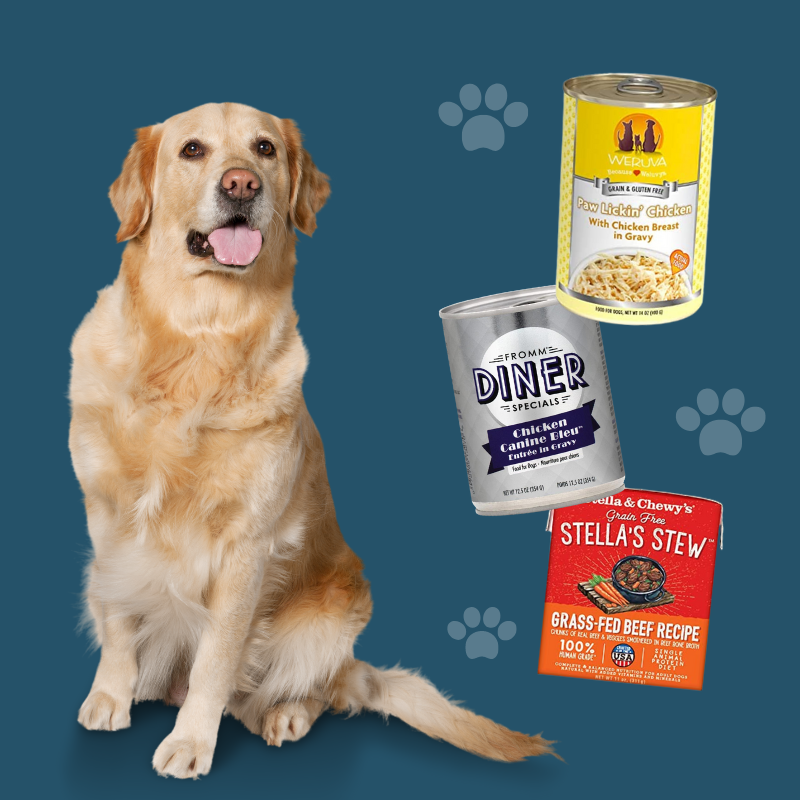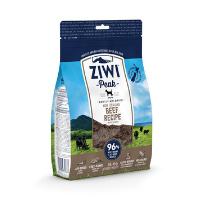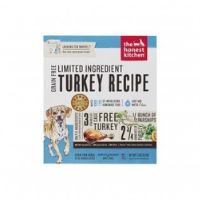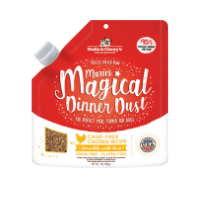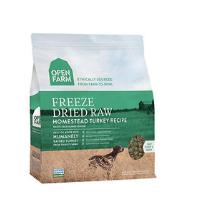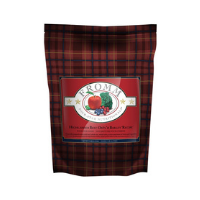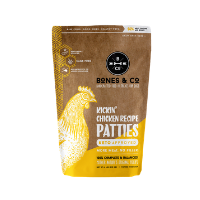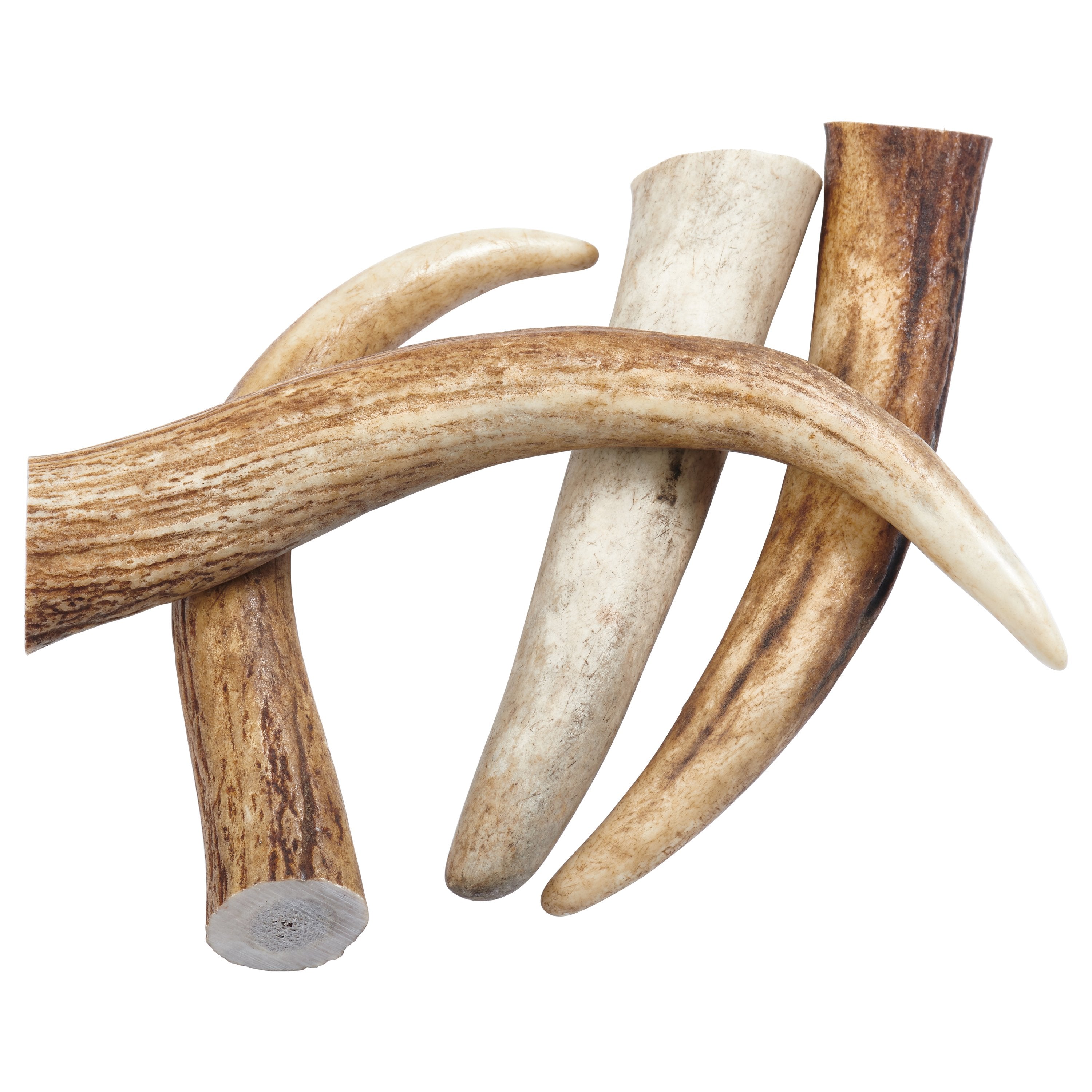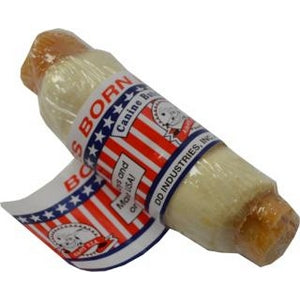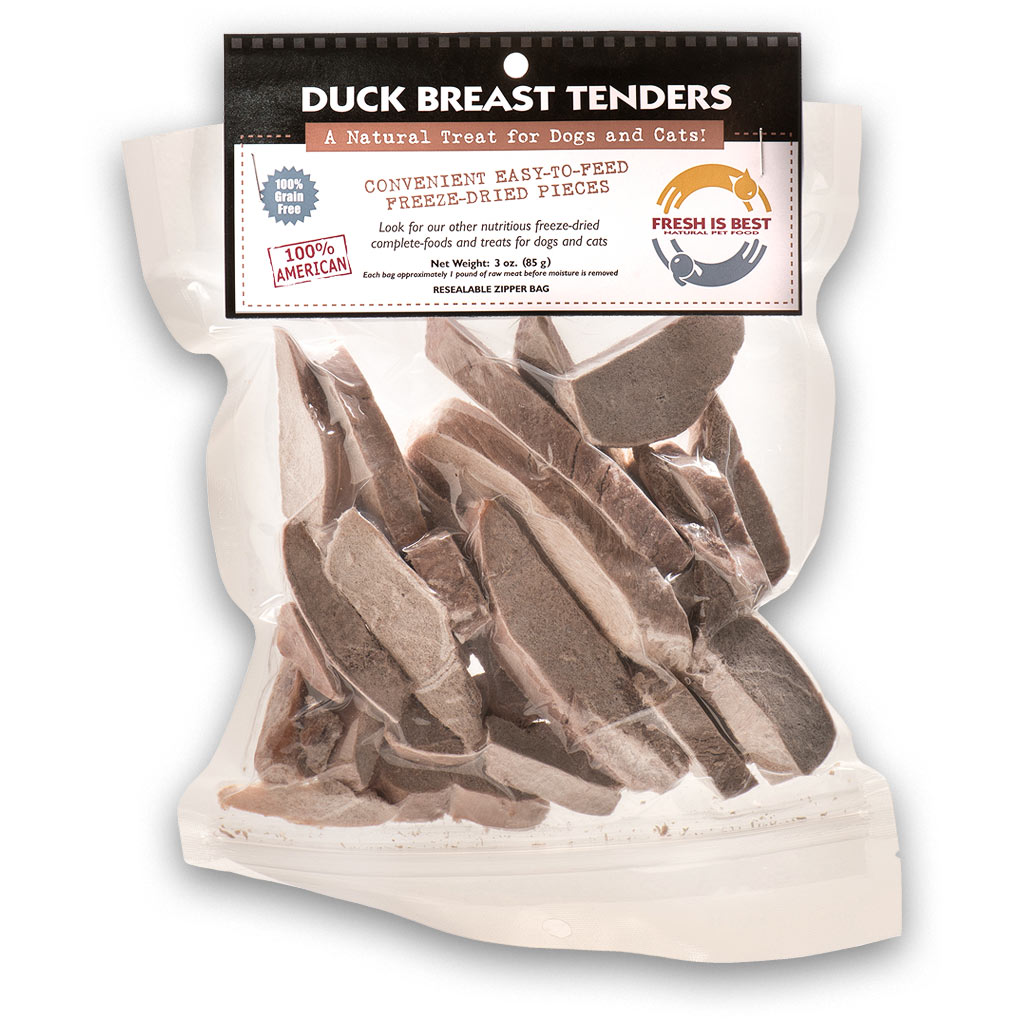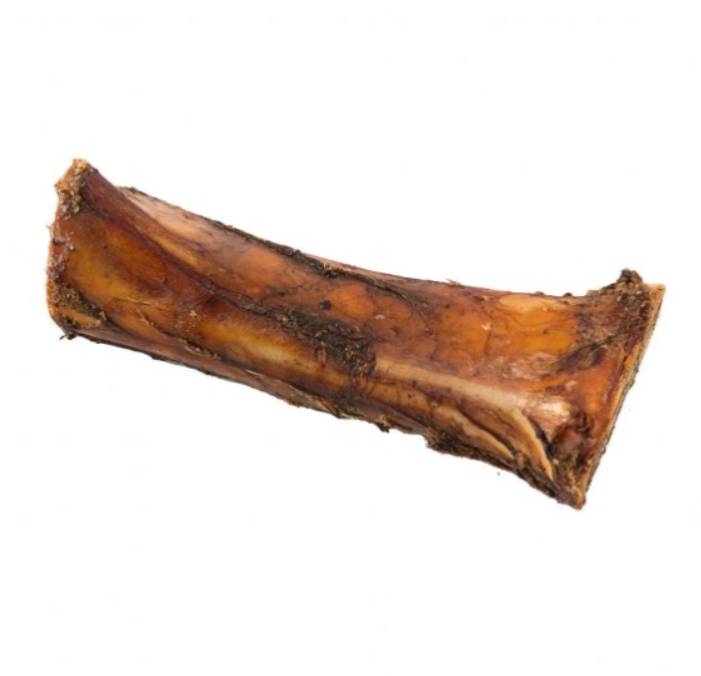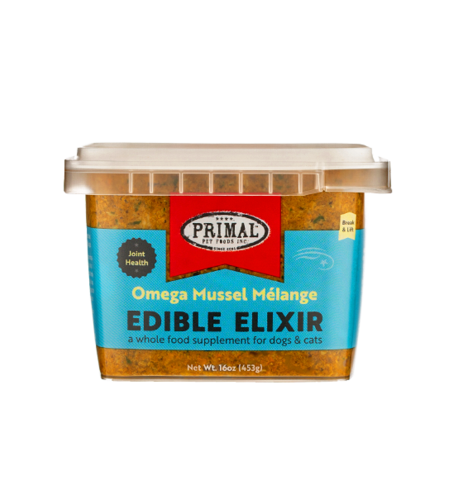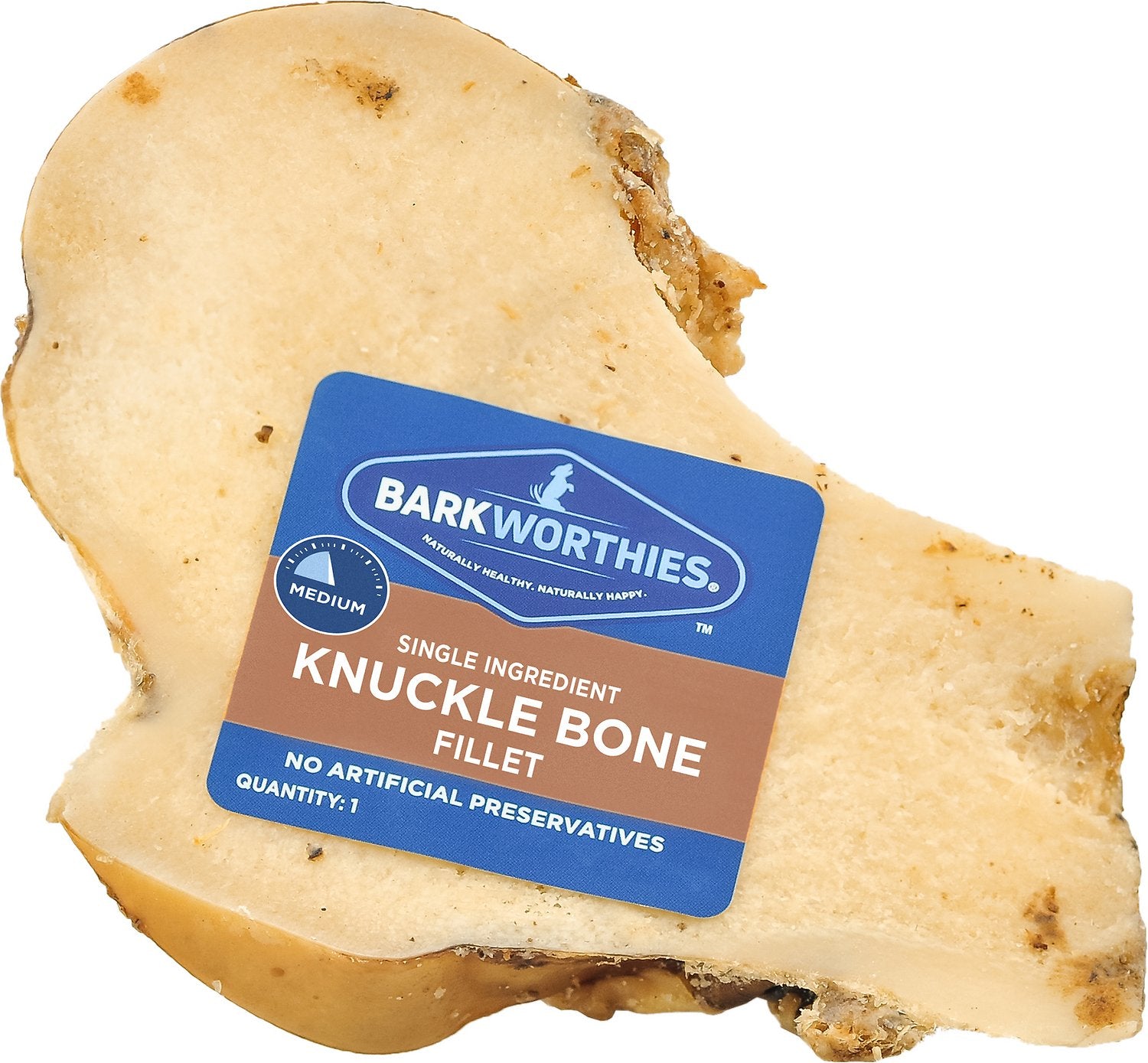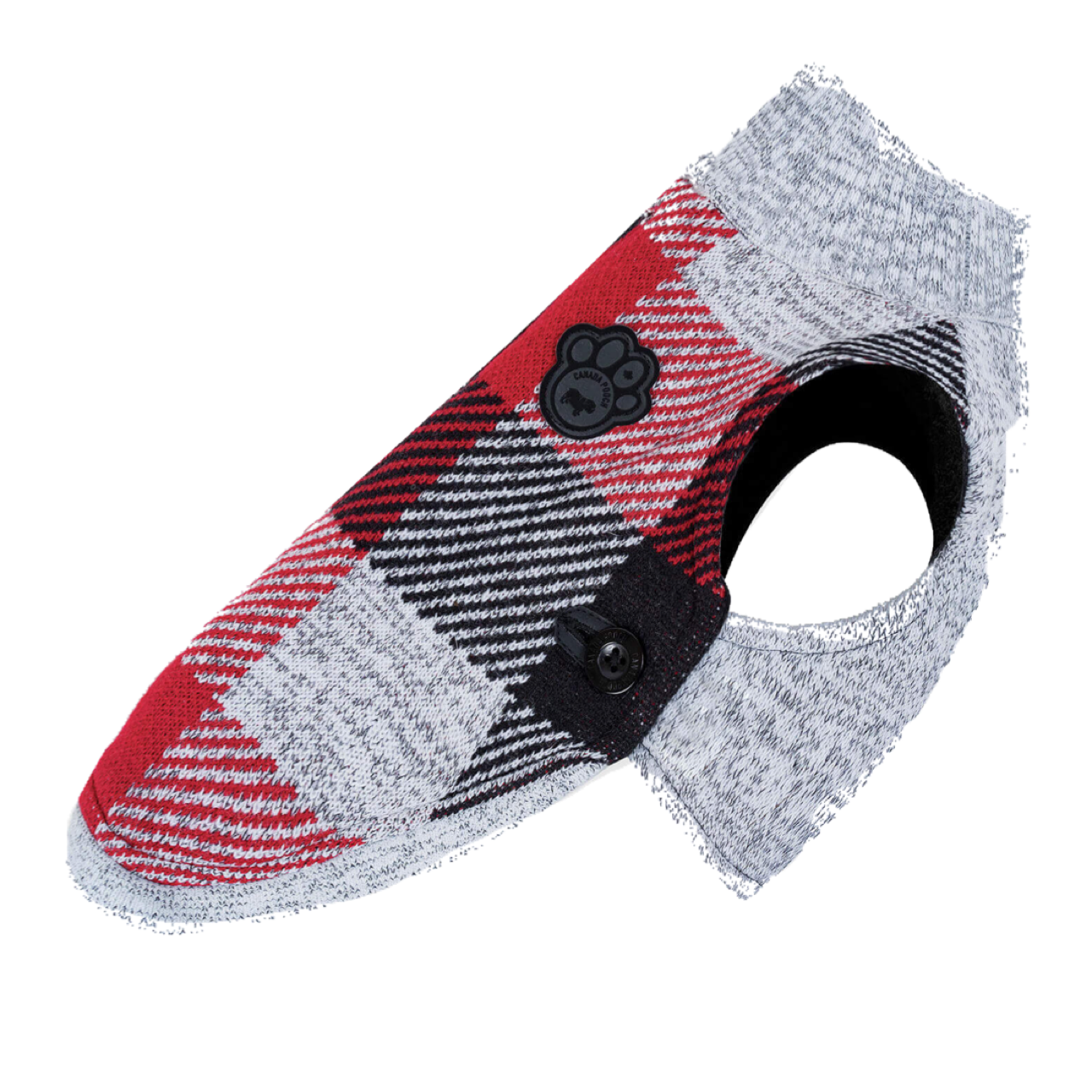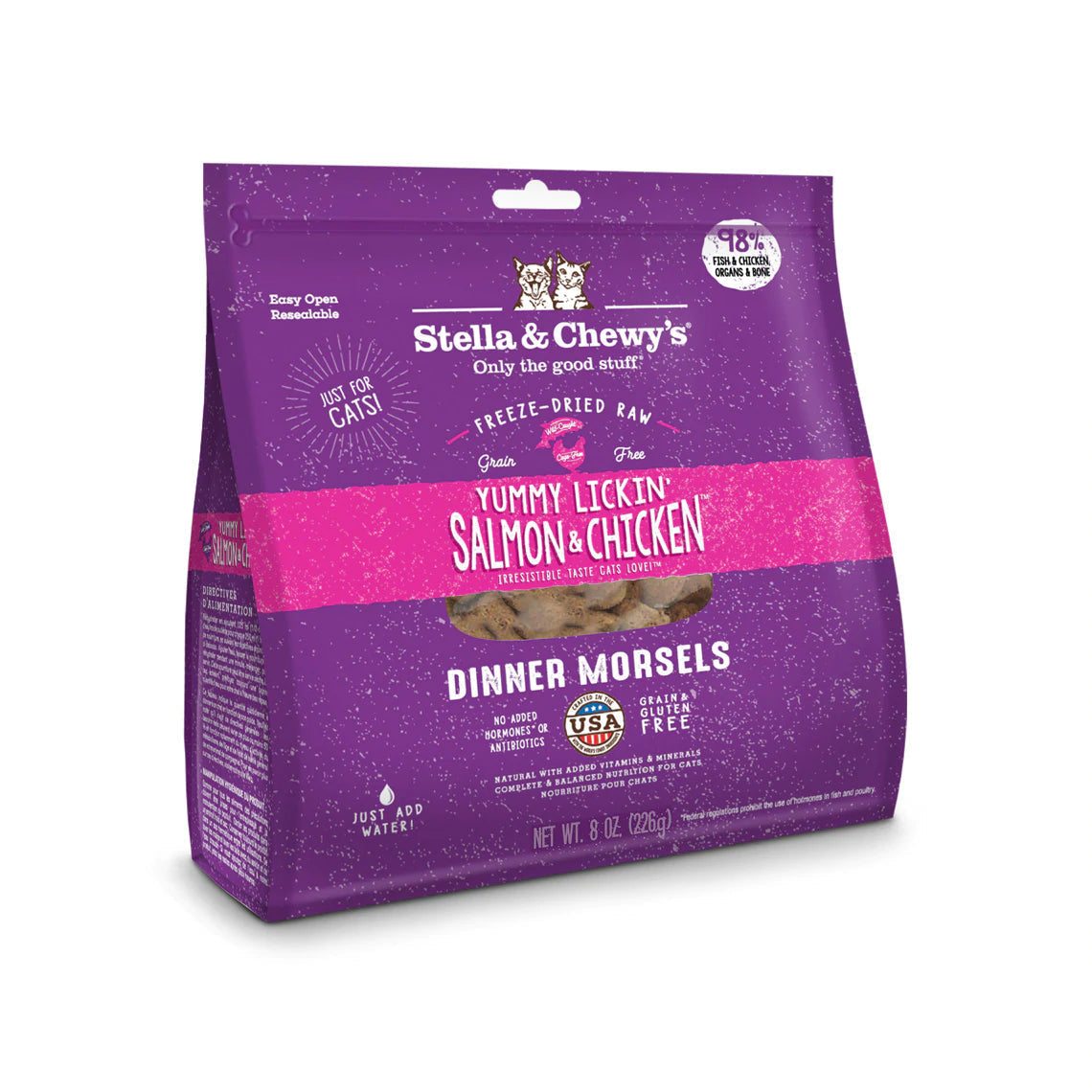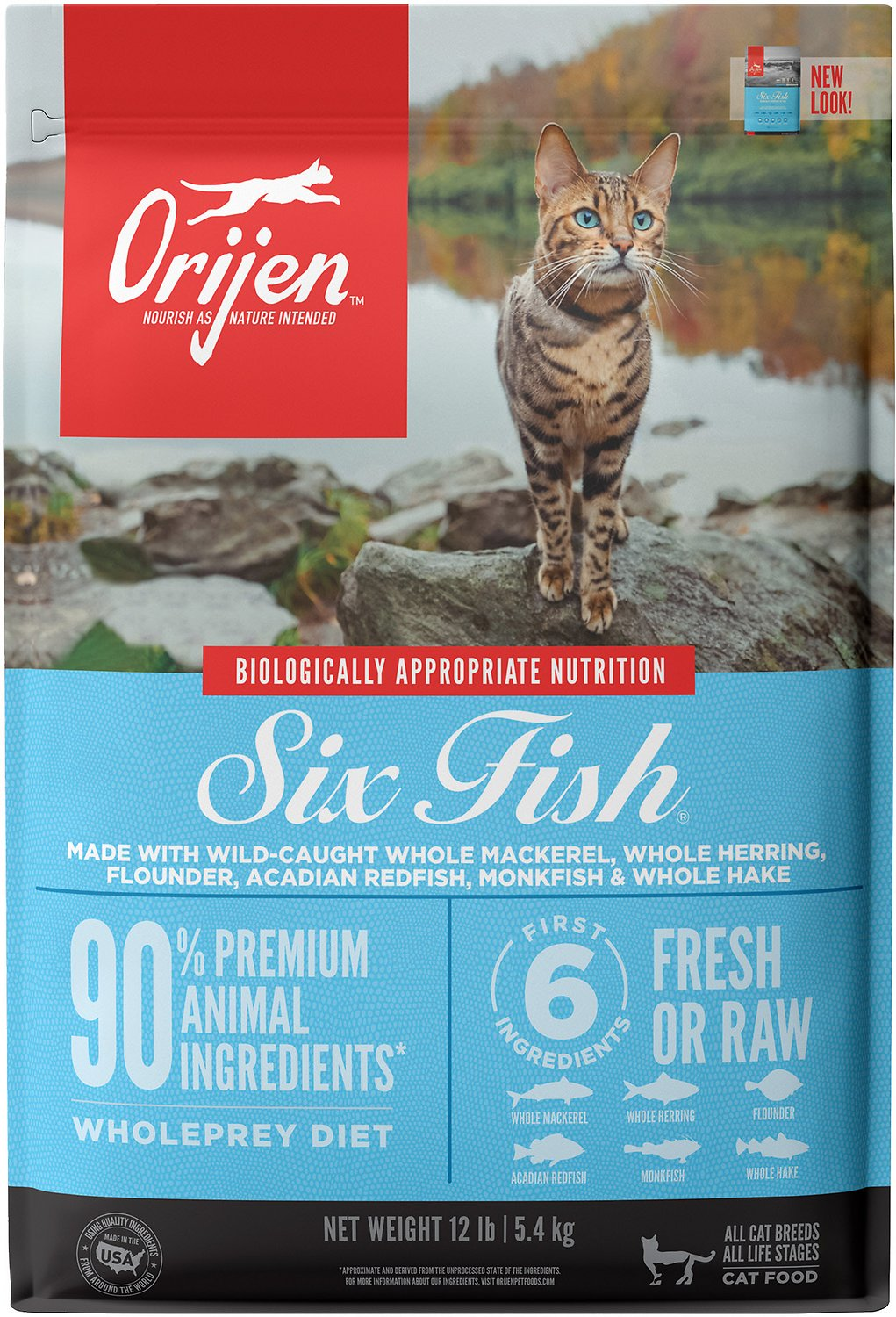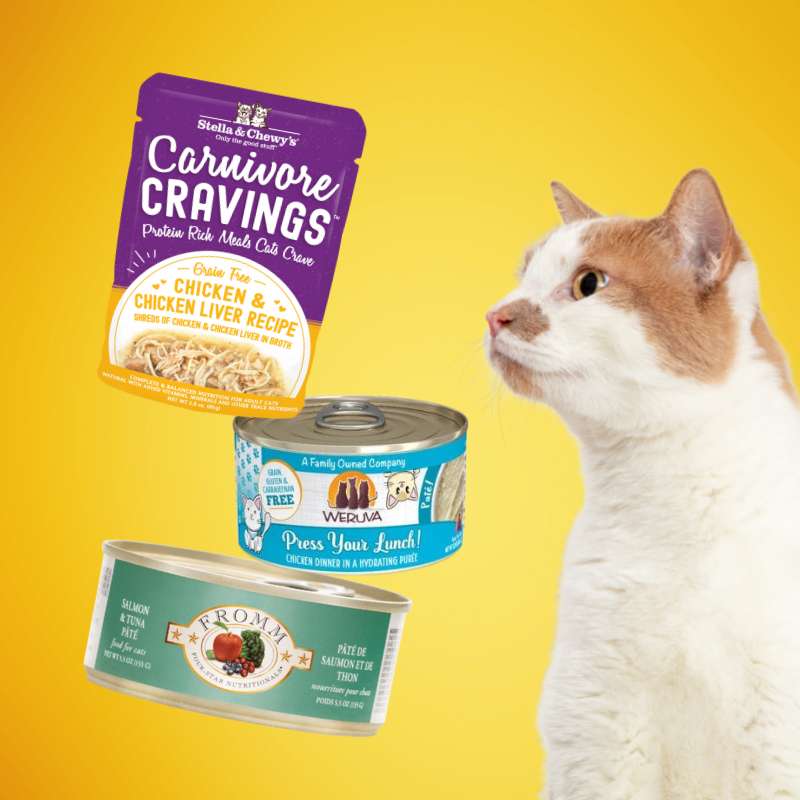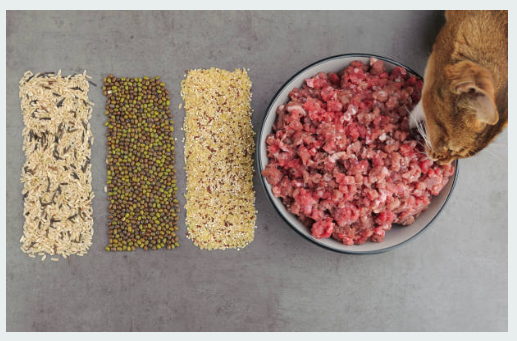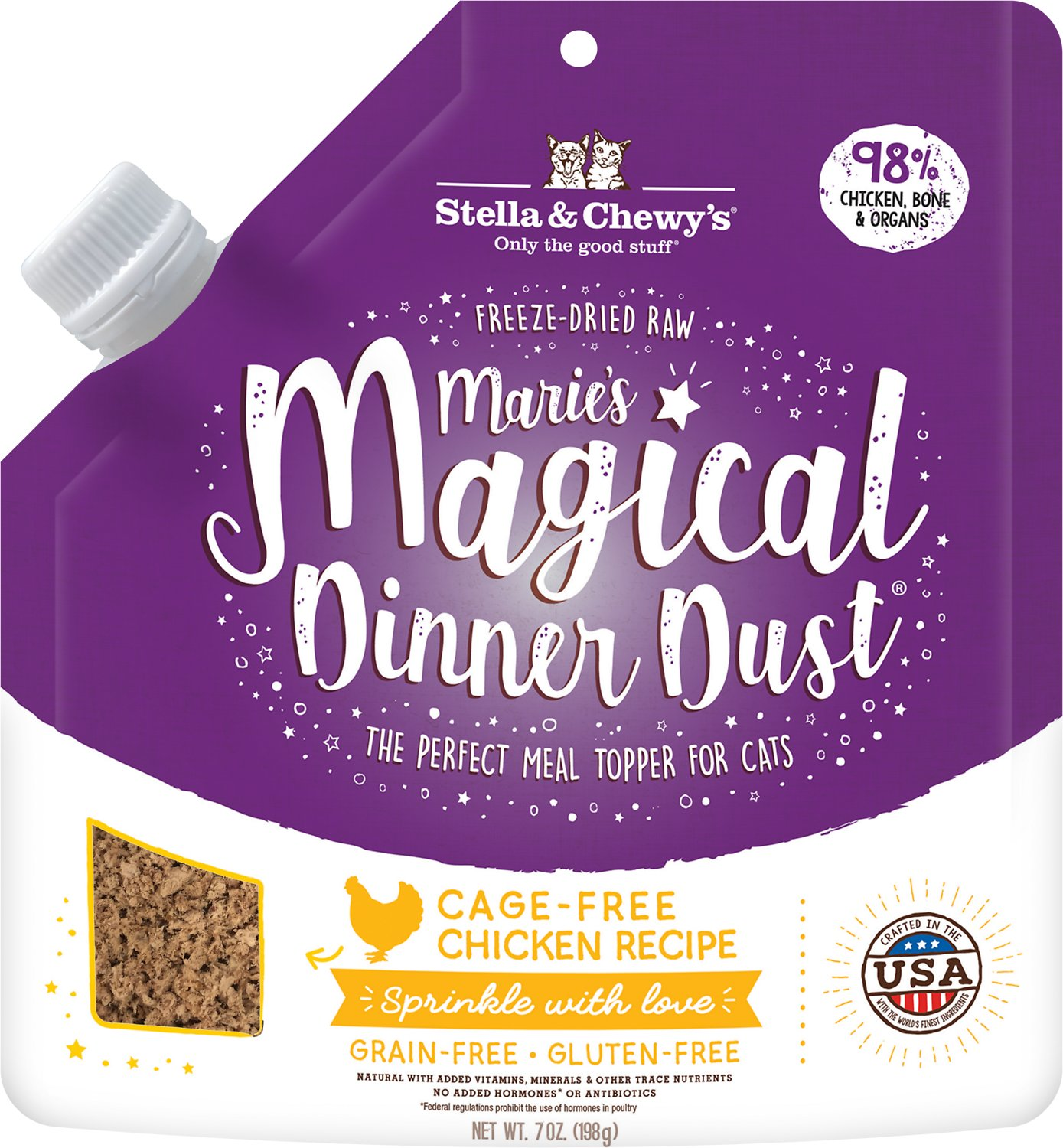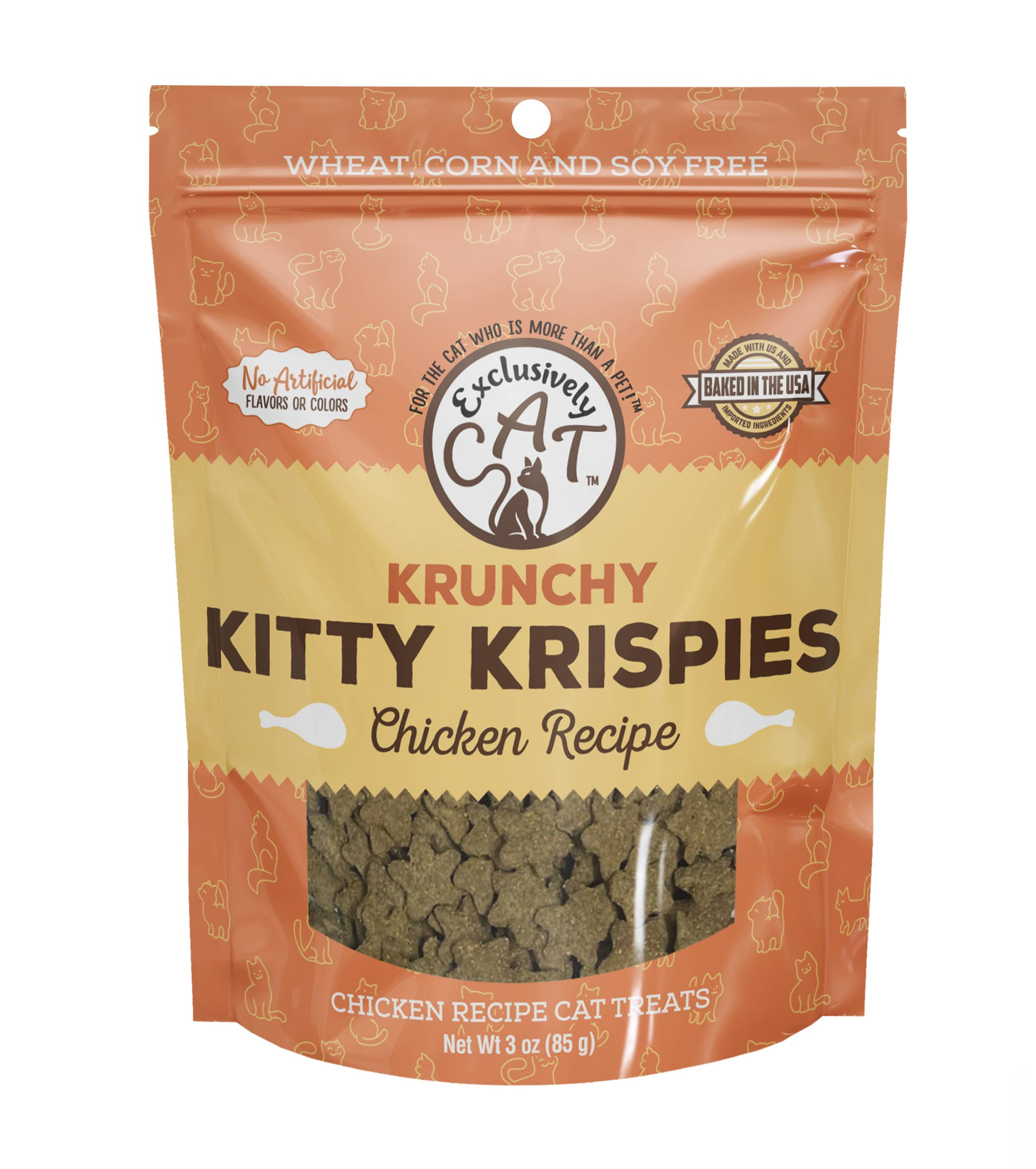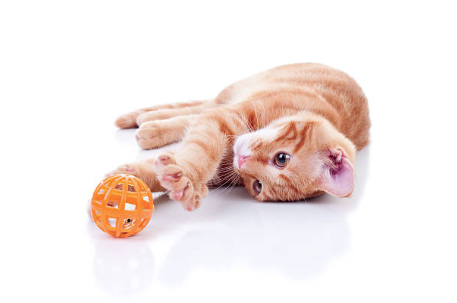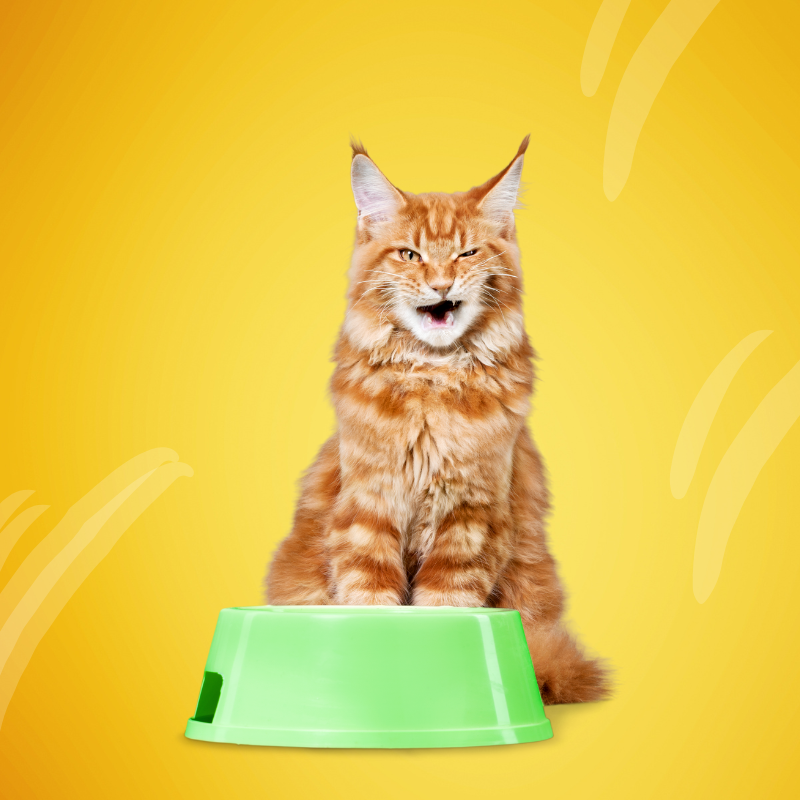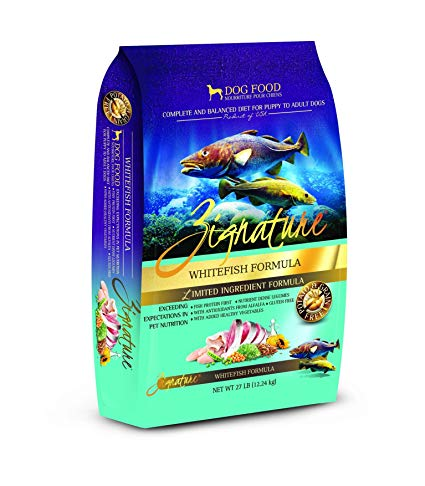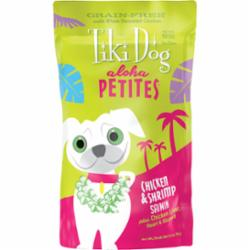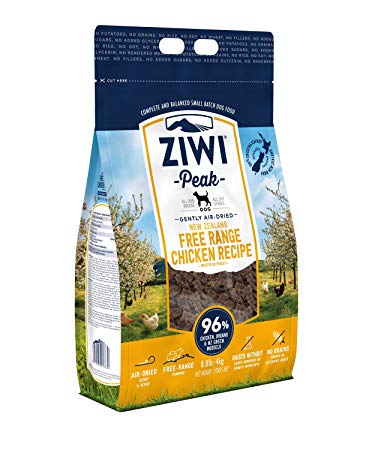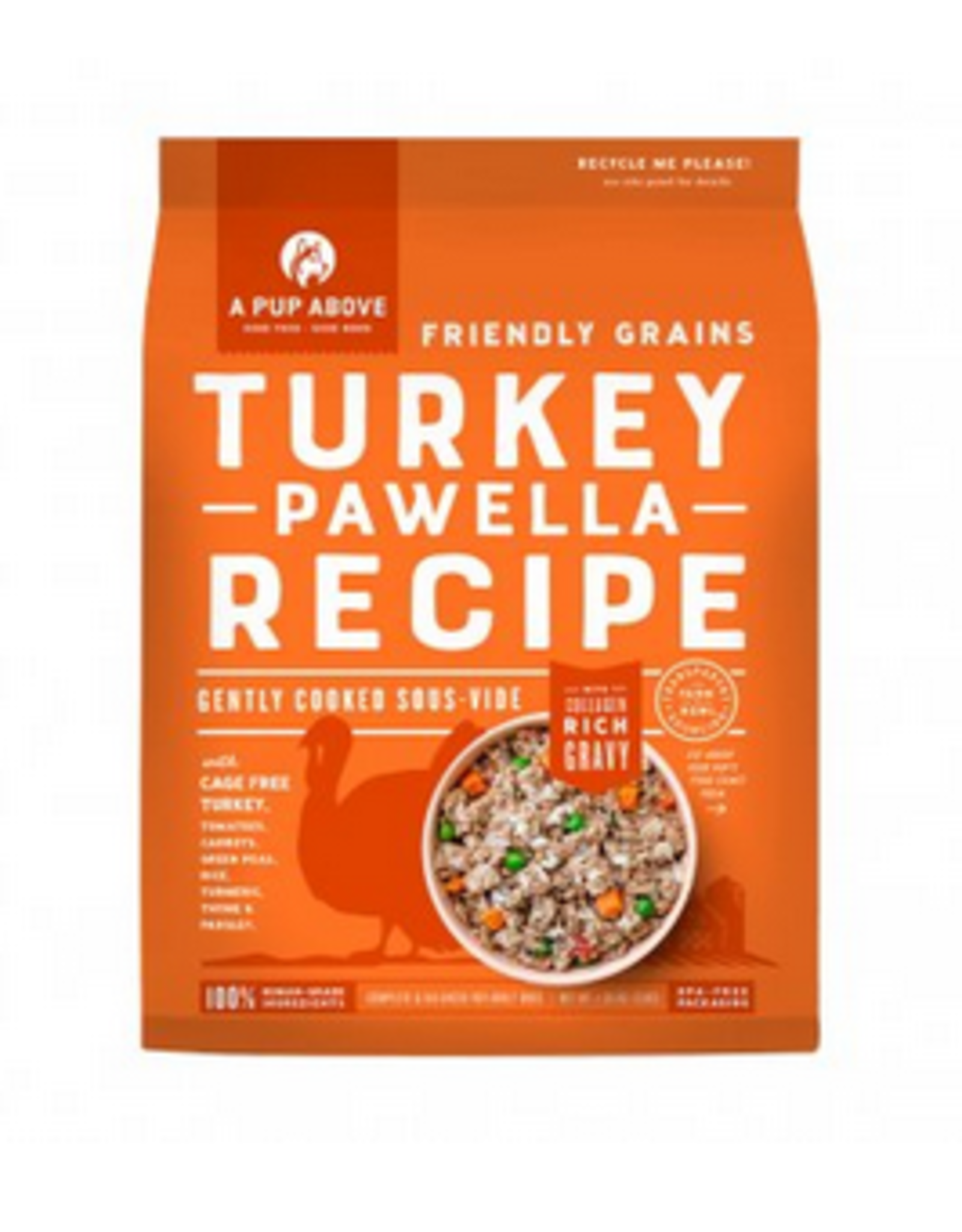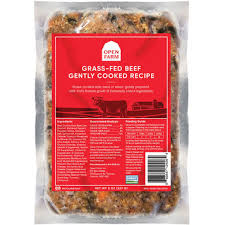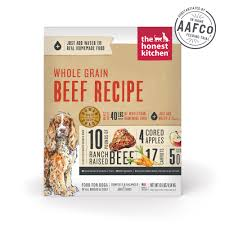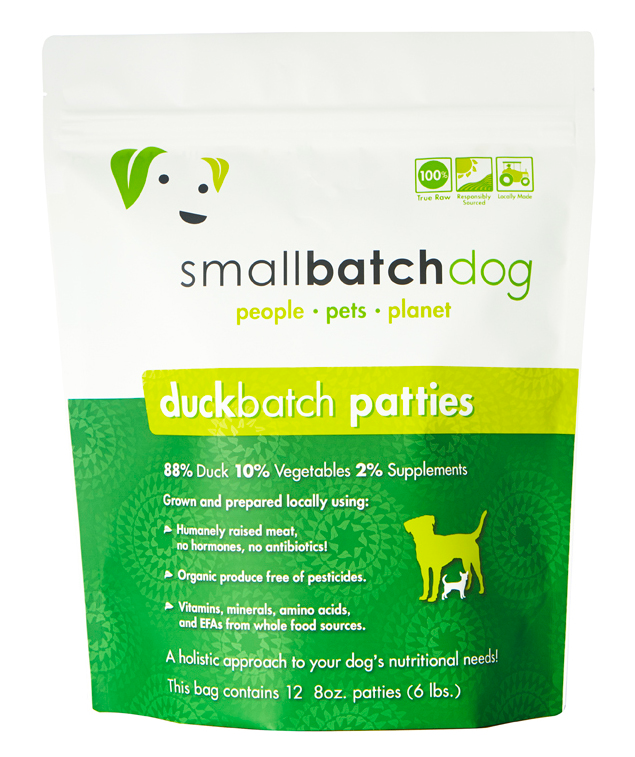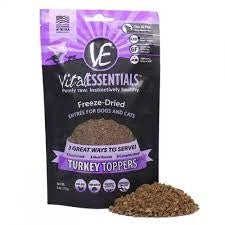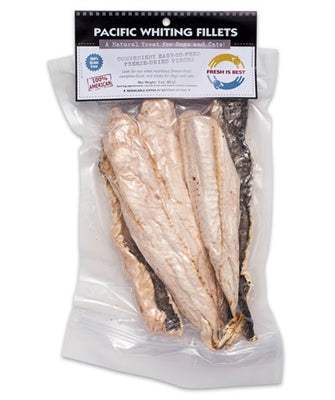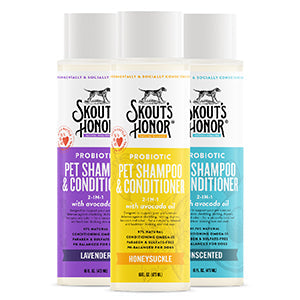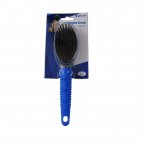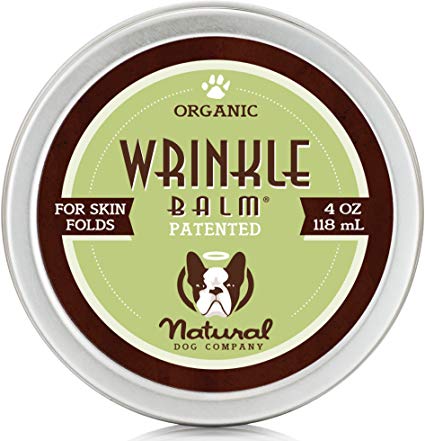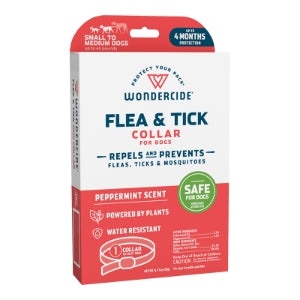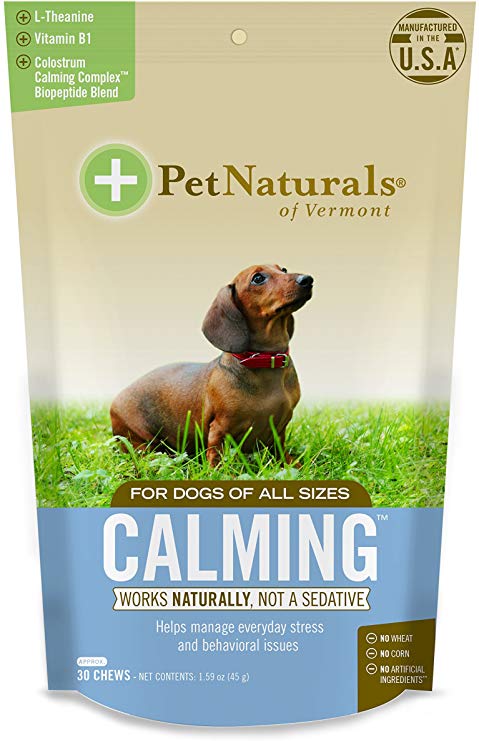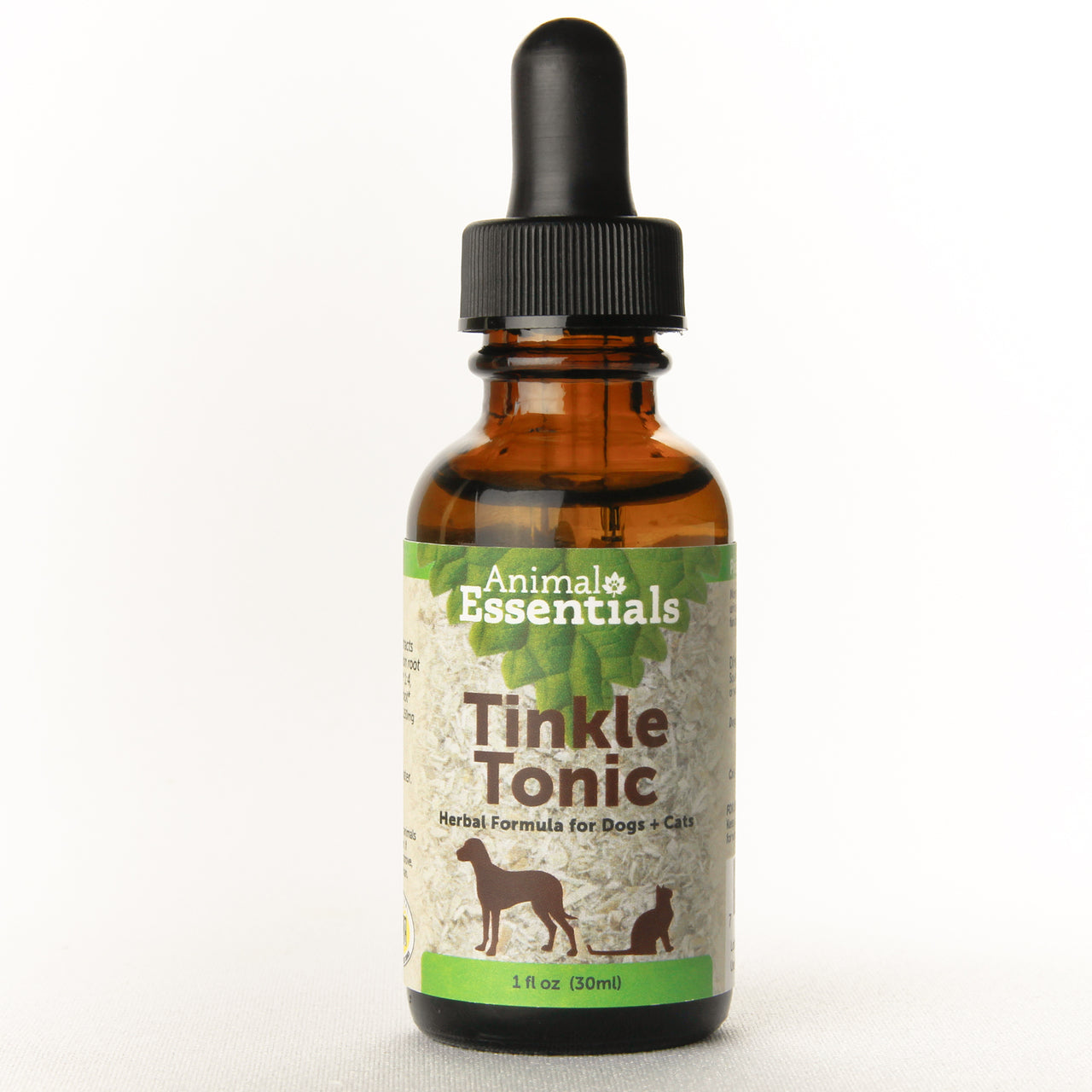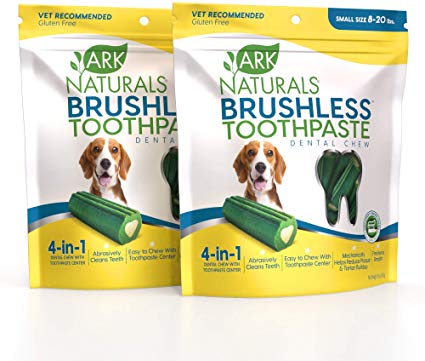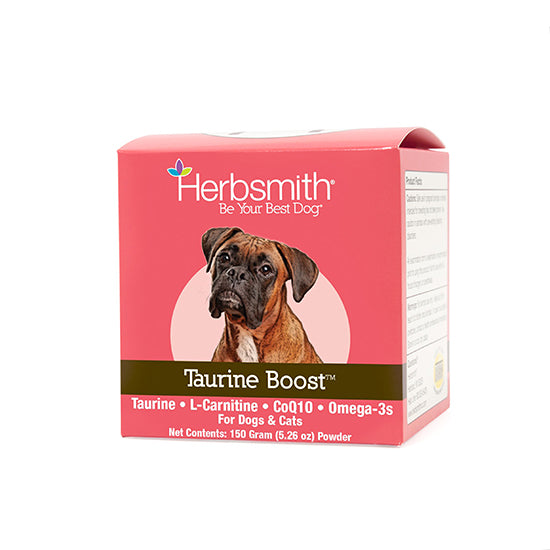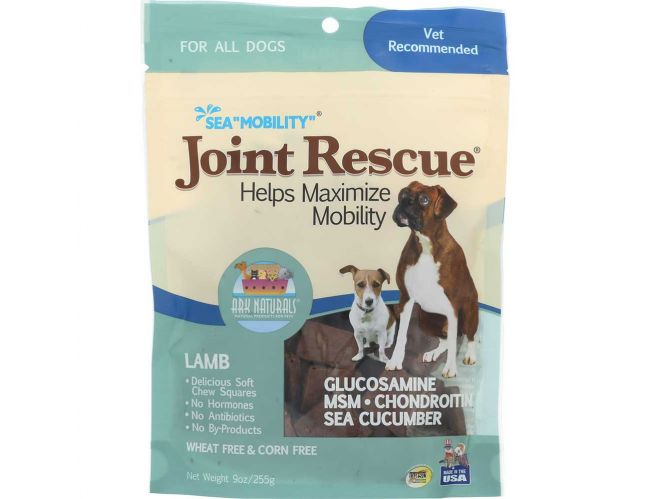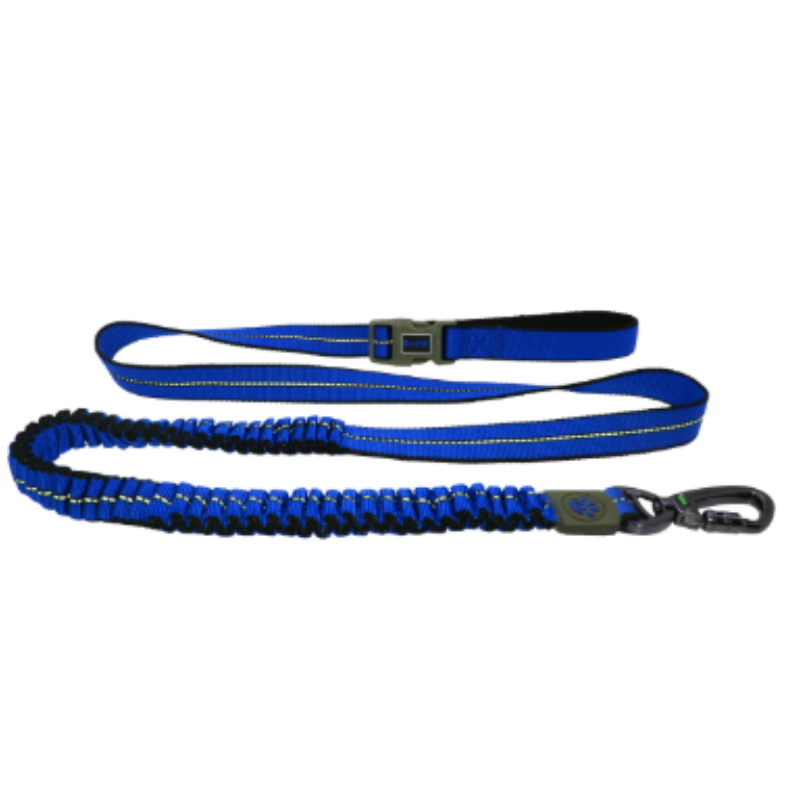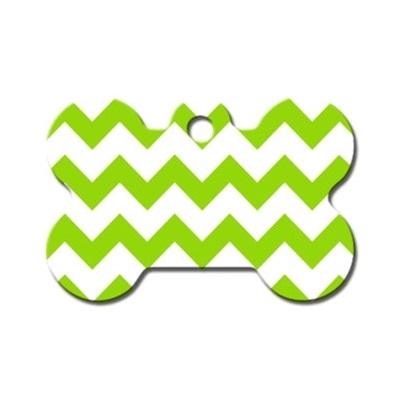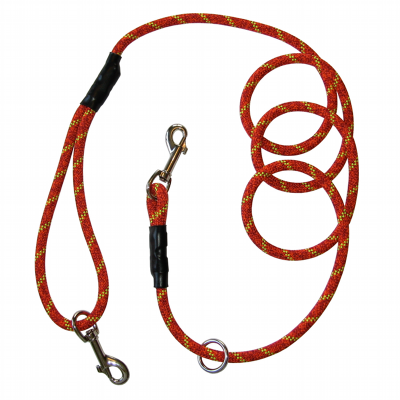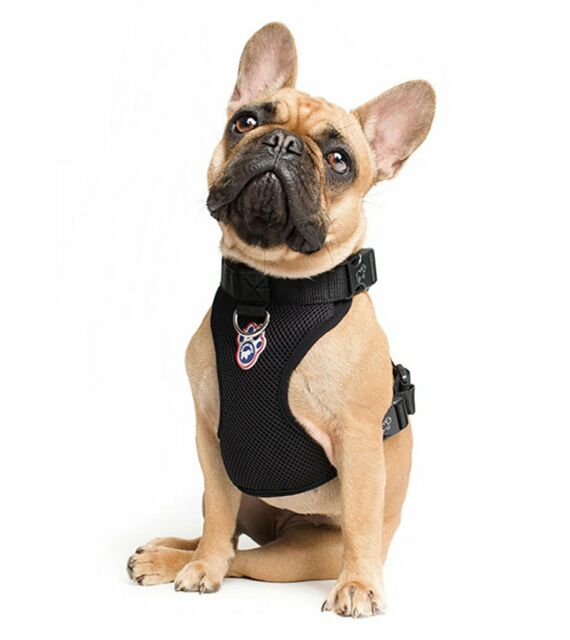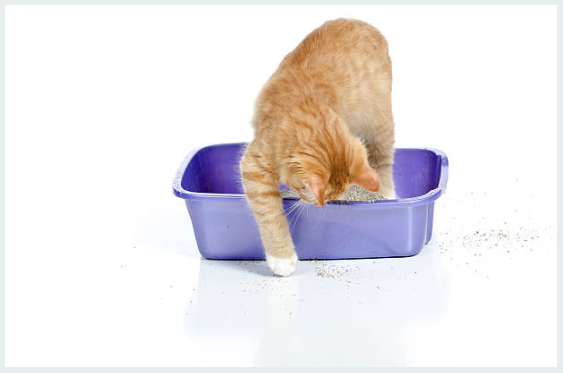Obesity is a growing health concern among humans, but did you know that it is also a significant problem in the pet population? Just like in humans, obesity in pets can lead to a variety of health issues and can significantly impact their overall well-being. As responsible pet owners, it is our duty to ensure that our furry friends maintain a healthy weight. In this article, we will explore the impact of obesity on pet health and provide tips on how to prevent and manage this issue.
The Prevalence of Obesity in Pets
Recent studies have shown a worrying trend in the rising rates of overweight and obese pets. According to the Association for Pet Obesity Prevention, in the United States alone, it is estimated that over 50% of dogs and cats are overweight or obese. This means that millions of pets are at risk of developing serious health problems due to excessive weight gain.
Health Risks Associated with Obesity in Pets
Obesity in pets can lead to a multitude of health risks, significantly decreasing their quality of life. Here are some of the most common health issues associated with pet obesity:
1. Joint Problems
Excess weight puts additional stress on a pet's joints, leading to conditions such as arthritis and hip dysplasia. These conditions can cause chronic pain and significantly limit their mobility.
2. Heart Disease
Obesity increases the risk of heart disease in pets. The heart has to work harder to pump blood through the body, leading to high blood pressure and an increased risk of heart failure.
3. Diabetes
Just like humans, obese pets are at a higher risk of developing diabetes. This chronic condition can require lifelong treatment with insulin and can lead to other health complications.
4. Respiratory Problems
Excess weight can make it difficult for pets to breathe properly, leading to respiratory issues and a decreased tolerance for physical activity.
5. Decreased Life Expectancy
Studies have shown that obese pets have a significantly shorter lifespan compared to their healthy-weight counterparts. Obesity can shave off years from a pet's life and rob them of precious time with their families.
Causes of Pet Obesity
Understanding the causes of pet obesity is crucial in preventing and managing this issue. Some common causes include:
1. Overfeeding
Many pet owners unintentionally overfeed their pets, either by giving too much food or by not monitoring treats and table scraps. This can lead to excessive calorie intake and weight gain.
2. Lack of Exercise
Inadequate physical activity can contribute to weight gain in pets. Pets that do not get enough exercise are more likely to become overweight or obese.
3. Breed Predisposition
Some breeds are more prone to weight gain than others. For example, certain dog breeds like Labrador Retrievers and Beagles have a higher risk of obesity.
Preventing and Managing Pet Obesity
Preventing obesity in pets requires a combination of proper nutrition, portion control, and regular exercise. Here are some tips to help your pet maintain a healthy weight:
1. Choose a High-Quality Diet
Feed your pet a balanced diet that is appropriate for their age, breed, and specific needs. Consult with your veterinarian to determine the best food options for your pet.
2. Practice Portion Control
Avoid free-feeding and measure your pet's food portions to prevent overeating. Follow feeding guidelines provided by the pet food manufacturer or your veterinarian.
3. Limit Treats and Table Scraps
Treats should be given in moderation and not exceed 10% of your pet's daily caloric intake. Stick to healthy, low-calorie treats and avoid sharing table scraps that can be high in fat and salt.
4. Establish a Regular Exercise Routine
Engage in regular physical activity with your pet. This can include daily walks, playtime, and interactive toys that encourage movement. Consult with your veterinarian to determine an appropriate exercise routine based on your pet's age and physical condition.
5. Regular Vet Check-ups
Schedule regular vet check-ups to monitor your pet's weight, overall health, and identify any potential issues early on. Your veterinarian can provide guidance on nutrition, weight management, and recommend any necessary interventions.
In Conclusion
Obesity is not just a concern for humans but also for our furry companions. It can have a significant impact on a pet's health and well-being, leading to various health issues and a decreased life expectancy. As responsible pet owners, it is crucial to take proactive steps to prevent and manage obesity in our pets. By providing a balanced diet, practicing portion control, promoting regular exercise, and seeking advice from a veterinarian, we can ensure that our beloved pets maintain a healthy weight and live a long, happy life.



